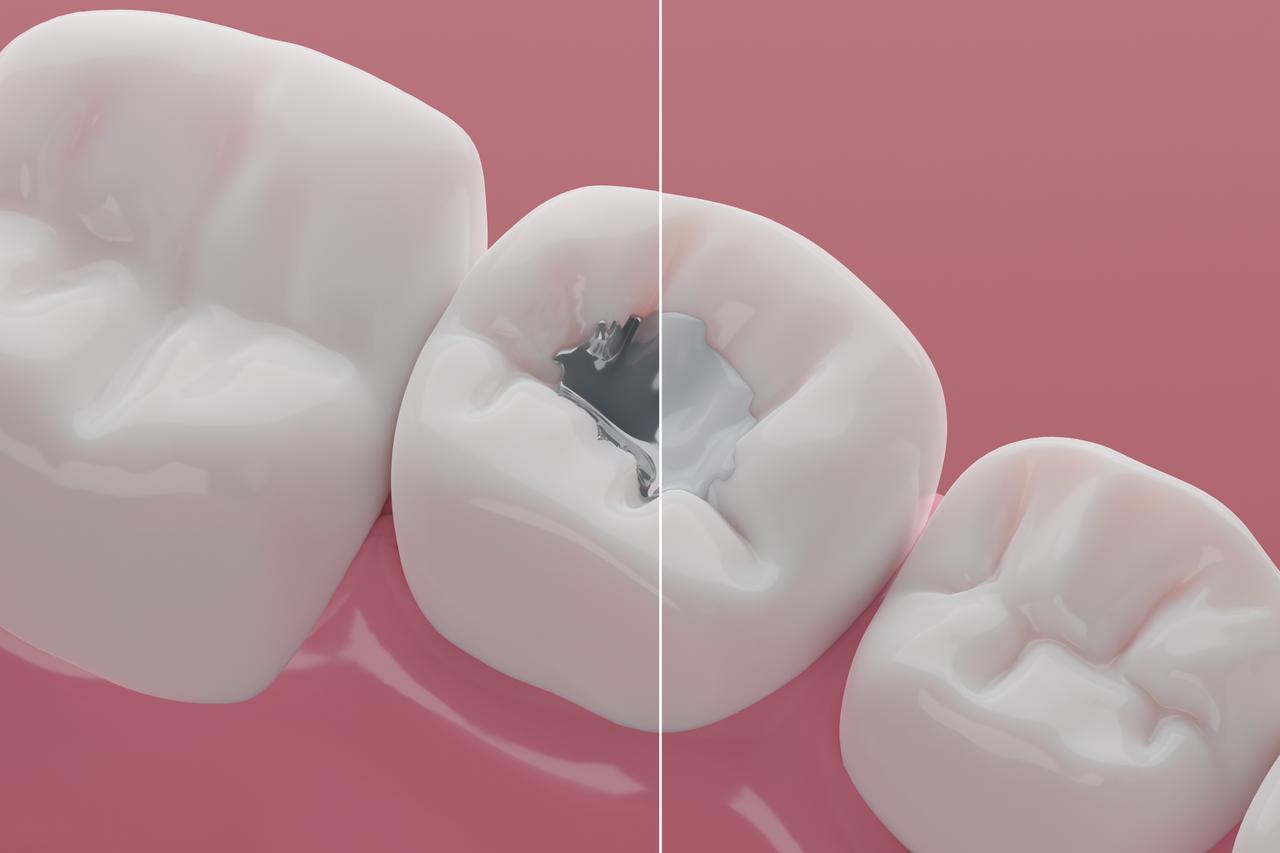
Nations participating in the Minamata Convention on Mercury have agreed to phase out the use of mercury-based dental amalgams worldwide by 2034.
The decision was announced at the closing session of the Geneva conference on Friday, where delegates from over 150 countries endorsed amendments establishing a legally binding timeline to end the manufacture, import, export, and use of mercury dental fillings.
The conference described the agreement as “a historic milestone in reducing mercury pollution.”
Mercury is recognized by the World Health Organization as one of the top ten chemicals of major public health concern, with the potential to cause damage to the nervous system, kidneys, and other organs.
Dental amalgam, a silver-colored filling material used for more than 175 years, consists of roughly 50% mercury combined with other metals such as silver, tin, and copper.
While some countries have already restricted or banned the use of dental amalgam, the new agreement sets a uniform, time-bound goal for all signatories. The Minamata Convention, adopted in 2013 and in force since 2017, aims to protect human health and the environment from the adverse effects of mercury and its compounds.
During negotiations, a group of African nations advocated for a stricter deadline of 2030, which would have included a ban on production, import, and export.
Other countries, including India, Iran, and the United Kingdom, opposed the accelerated timeline, citing challenges in transitioning dental care systems. The 2034 phase-out represents a compromise between urgency and practical feasibility.
Monika Stankiewicz, Executive Secretary of the Minamata Convention, described the agreement as “a science-based, time-bound step toward the total elimination of mercury use in dentistry and a safer future for all communities.”
The conference also adopted 21 other decisions aimed at curbing mercury pollution globally. Measures include the elimination of mercury in skin-lightening cosmetics, efforts to reduce mercury use in small-scale gold mining, and the exploration of mercury-free alternatives in industrial processes such as vinyl chloride monomer production.
Mercury in skin-lightening products, which suppresses melanin production, poses significant health risks and has seen a surge in sales, particularly online.
Participating countries pledged to strengthen enforcement and curb the illegal trade of such products.